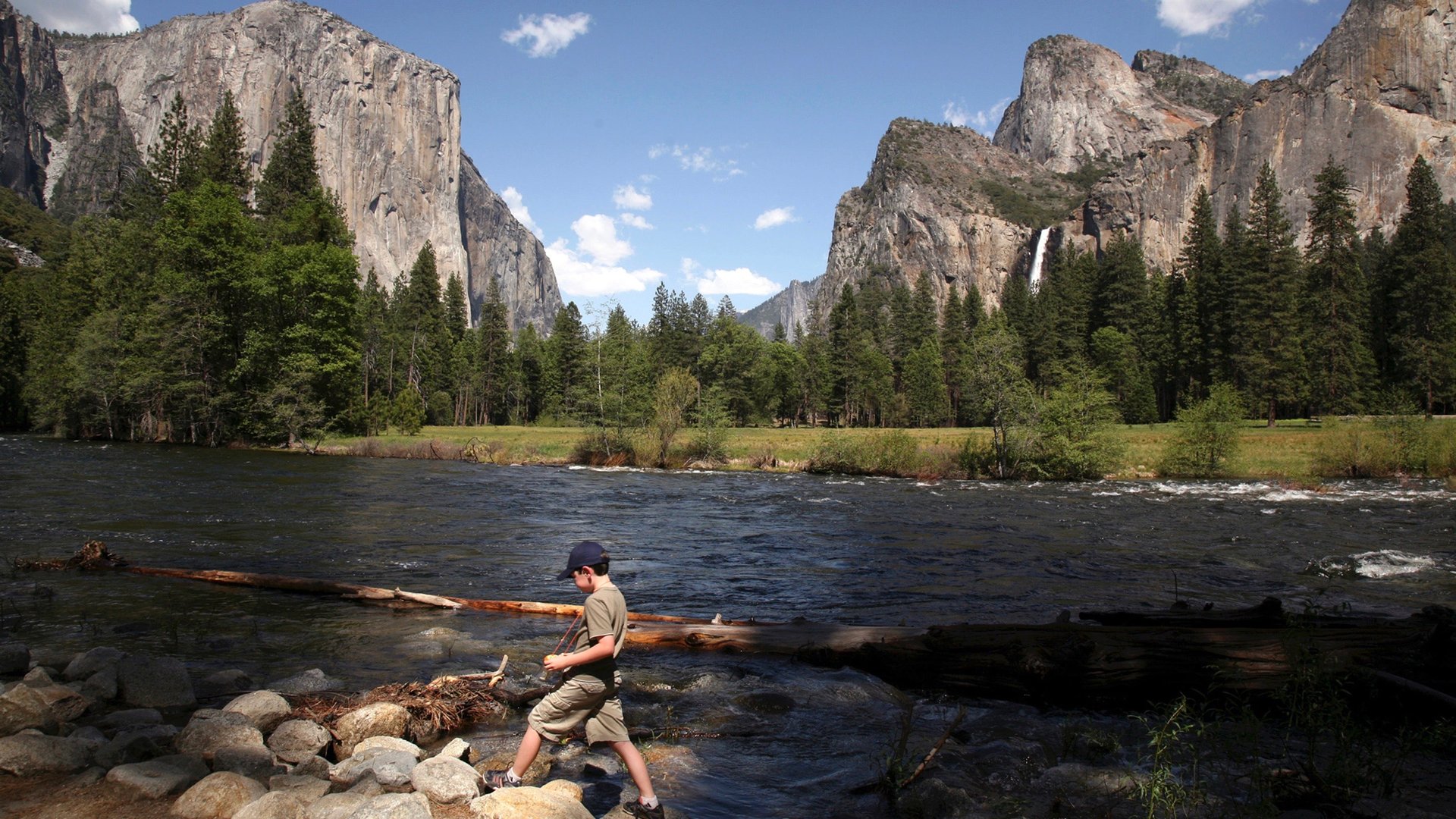Camping in Yosemite with the US president? It’s happened before
Picture the US president camping under the stars, huddled in blankets, sitting around a fire as a naturalist waxes poetic, explaining that Americans need the wilderness to retain their wonder and humility. But imagine this scene in black and white, or in sepia tone, because it happened long ago.


Picture the US president camping under the stars, huddled in blankets, sitting around a fire as a naturalist waxes poetic, explaining that Americans need the wilderness to retain their wonder and humility. But imagine this scene in black and white, or in sepia tone, because it happened long ago.
In 1903, Theodore Roosevelt camped in the Sierra Nevada mountains with John Muir—father of the US National Park Service. ”He met me with a couple of pack mules, as well as with riding mules for himself and myself, and a first-class packer and cook, and I spent a delightful three days and two nights with him,” Roosevelt recalled.
Muir convinced the president to leave some country unmolested by development. And Roosevelt signed into existence five national parks, 55 bird sanctuaries and wildlife refuges, and 150 forests, inspired by the Yosemite camping trip and naturalist. In all, over 230 million acres were preserved thanks to their joint conservation efforts.
It’s tough to imagine @TheRealDonaldTrump enjoying @TheGreatOutdoors like Roosevelt apparently did. The new president doesn’t seem that into wilderness adventuring. If Trump views the stars, it’s at Mar-a-Lago, his Florida resort on Palm Beach, a concrete island with mansions and manicured lawns. And he is a land developer, a believer in exploitation of natural resources.
Perhaps that’s why the president is proposing cutting the budget for nature in 2018, asking that Congress trim $1.5 billion from next year’s budget for the US Department of the Interior, which funds the nation’s parks.
Yet, this is the very department to which Trump handed over his first check as president—about $78,000, for 10 weeks of work—on April 3. It was a bizarre symbolic gesture, out of sync with his budget and a mere drop in the bucket compared to cuts he proposed.
Naturally, naturalists were unhappy about it. In a statement, Sierra Club executive director Michael Brune called called the president’s move a publicity stunt and a distraction. Unimpressed with the gameshow-style novelty check that White House press secretary Sean Spicer gave to Interior secretary Ryan Zinke at a press conference, Brune wrote:
If Donald Trump is actually interested in helping our parks, he should stop trying to slash their budgets to historically low levels. America’s parks, and the people and economies they support, need real funding, not a giant fake check.
Muir, who founded the Sierra Club in 1892, must be turning in his grave. In defense of nature, he became one of Earth’s most eloquent spokesmen and an environmental visionary. Indeed, he advocated for the planet before it was fashionable and without him there might not be Earth Day celebrations.
“The world, we are told, was made especially for man—a presumption not supported by all the facts,” Muir wrote. Humanity’s place in the universe is small and not all that important. He believed that thorny thistles, vicious tigers, and distant stars, among other natural wonders unfriendly or inaccessible to humans, proved as much.
A naturalist should consider inviting Trump on a camping trip, like Muir did with Roosevelt. In the great outdoors, huddled in blankets by a fire, they could talk big picture, and perhaps come away with fresh appreciation for Earth’s wonders.